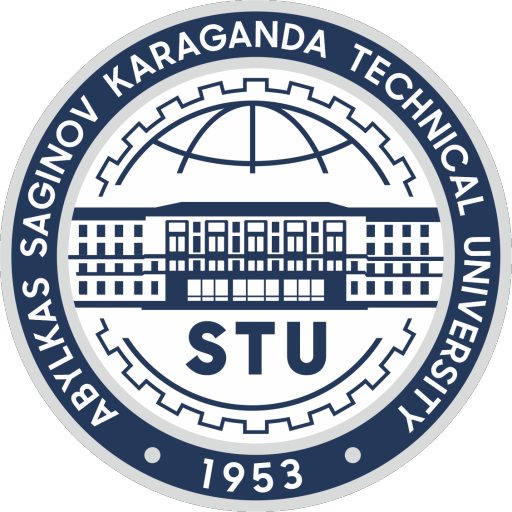
The training courses were attended by University and College teachers, teachers of urban and rural schools.
Institutions of higher education was represented by such universities as University. Abaya, KazUIR & WL. Abylai Khan University JSC Narkhoz, SKMU them. Marat Ospanov, Atyrau state University named After H. Dosmukhamedov, Karsu named after E. A. Buketov, NAO Medical University of Karaganda, Karstu, Karaganda industrial University, Central Kazakhstan Academy.
Secondary specialized educational institutions were represented by Atyrau humanitarian College, Karaganda humanitarian College, KSU “Regional specialized boarding school – College of the Olympic reserve named after A. Moldagulova” Of the Department of physical culture and sports of the Karaganda region.
The courses were attended by teachers of secondary schools in Taraz, Nur-Sultan, Akmola region, Atyrau region and Karaganda region.
Among the speakers were representatives of different levels of education: Zemach S. M., Chairman of the Association of teachers of Russian language and literature from the Karaganda region, Temirova A. A, the teacher-researcher SSHI name Nurmakov, Shayakhmetov N. To., associate Professor of Raik University, Dokuchaev N. In. master of Raik University, Gumerova A. N. master of Raik of the University.
The subjects of these courses reflected the main problematic issues of distance learning. The speeches of lecturers, University teachers, and subject teachers were based on practical results that allowed making serious methodological generalizations.
As the experience of organizing distance learning in the context of anti-tandem measures for Covid-19 shows, students are no longer satisfied with the ability to read only as a way of learning. They begin to need communication and, preferably, visual contact with the group and the teacher. This is especially important when teaching languages. This feature is provided by a large number of communication resources on the Internet (ZOOM, MS Teams, Moodle, Discord, etc.).
In conclusion, participants of advanced training courses noted that the development of distance learning technologies allows overcoming territorial restrictions and increases the availability of best practices.
However, there is still a lot of work to be done to introduce modern distance learning technologies into the educational process, and the creative search of teachers in this direction is unlimited.
On the final day of the course, recommendations were developed to improve the methods and forms of training, the development of remote technologies.





